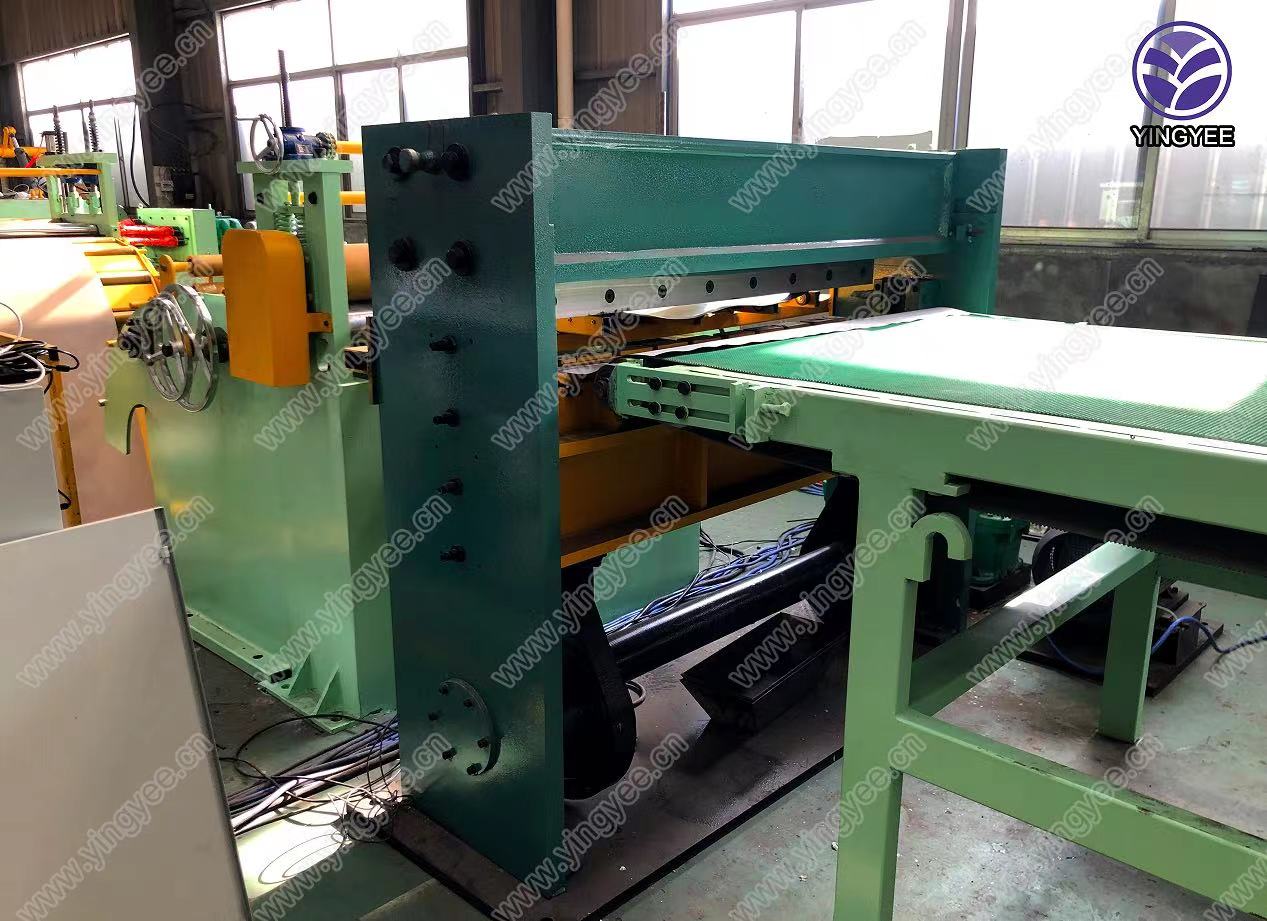
Precision Roll Forming Machine Revolutionizing Metal Fabrication
In the realm of manufacturing, the quest for efficiency, accuracy, and productivity has always been paramount. Among the various technologies that have emerged over the years, the precision roll forming machine stands out as a game-changer in metal fabrication. This innovative machinery offers a wide array of benefits, making it an essential tool for industries aiming to produce high-quality metal parts consistently and economically.
What is Precision Roll Forming?
Roll forming is a continuous bending operation in which a long strip of metal is shaped into a desired cross-sectional profile through a series of rollers. Precision roll forming takes this process a step further by employing advanced technology and highly engineered roller sets that ensure exceptional accuracy in the final product. It allows manufacturers to create complex shapes with tight tolerances, making it ideal for a variety of applications, from construction materials to automotive components.
Advantages of Precision Roll Forming Machines
1. High Efficiency One of the most significant advantages of precision roll forming is its efficiency in mass production. The machine operates continuously, allowing for a streamlined process that reduces the time required to produce a large quantity of parts. Furthermore, because the machinery can produce parts directly from coils of metal, it minimizes waste and lowers material costs.
2. Cost-Effectiveness While the initial investment in a precision roll forming machine can be considerable, the long-term savings are undeniable. The efficiency of the process leads to reduced labor costs and lower operational expenses. Additionally, the durability of the machinery means that it requires less frequent replacements, further enhancing cost savings.

3. High Precision Precision roll forming machines are designed to produce parts that meet stringent specifications. The advanced engineering of the rollers, combined with computer-controlled processes, ensures that dimensions are maintained consistently throughout production. This level of precision is particularly crucial in industries where even minor variances can lead to significant issues in the final product.
4. Versatility These machines are capable of processing various materials, including steel, aluminum, and copper, making them suitable for diverse applications. From manufacturing clips, brackets, and channels to complex profiles for specialized needs, precision roll forming machines can cater to a wide range of industry requirements.
5. Reduced Waste Precision roll forming optimizes material usage by creating parts directly from flat sheets or coils, minimizing scrap material. This not only benefits the environment but also contributes to cost savings. The ability to recycle leftover materials further enhances this eco-friendly aspect.
Applications of Precision Roll Forming Machines
The versatility of precision roll forming machines allows them to be widely used across different industries. In construction, they are utilized to produce parts for metal roofing, wall panels, and framing. The automotive industry benefits from their capability to create structural components, reinforcements, and brackets. In the electrical sector, roll-formed parts are essential for the manufacturing of electrical enclosures and circuit board supports.
Conclusion
As industries continue to evolve and demand more intricate and high-quality components, precision roll forming machines will play a crucial role in meeting these needs. By enhancing efficiency, precision, and cost-effectiveness, these machines represent a significant advancement in metal fabrication technology. Investing in precision roll forming is not merely a trend; it is a strategic move that can propel businesses toward greater productivity and competitiveness in the market. As we look to the future, the importance of precision roll forming machinery in manufacturing processes will undoubtedly grow, shaping the way we create and assemble metal products.